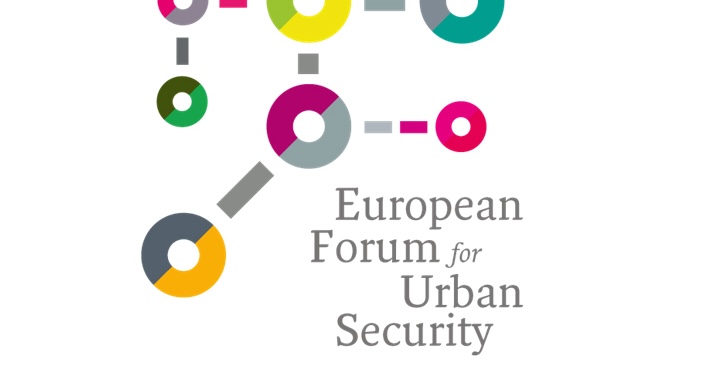Paris, January 2018 – On 1 January 2018, Bulgaria succeeded Estonia as the country holding the rotating presidency of the European Union for a semester, until 30 June 2018. Bulgaria pledges to respond to “the needs of Europe and European citizens” who aspire to increased “security, stability and solidarity”. The Bulgarian presidency programme stresses the need to implement the EU’s revised internal security strategy and its three main pillars: the fight against organised crime, terrorism and cybercrime.
More cooperation to fight terrorism and organised crime
Concerning the fight against terrorism, Bulgaria is particularly keen to work on the prevention of radicalisation and violent extremism and countering the phenomenon of foreign fighters. It pledges to focus its efforts on “the role of education and intercultural dialogue and on respecting and safeguarding common values, fundamental rights and freedoms and the rule of law.”
“Better cooperation and exchange of information and data between the competent authorities of the Member States and the adoption of a new legal framework for the functioning of the Schengen Information System” are also a “key priority” of the presidency. These exchanges will notably improve the identification of terrorist threats and challenges posed by organised crime and cyber attacks. Bulgaria thus announced the launch of “the new EU policy cycle for organised and serious international crime 2018-2021”.
In the area of justice, Sofia confirmed the creation of the European Prosecutor’s Office, which was adopted in October by 20 Member States. The Minister of Justice, Tsetska Tsacheva, said it would be operational as soon as possible, notably to strengthen the fight against money laundering.
Standardizing the treatment of asylum seekers
Bulgaria also seeks to finalise the reform of the Common European Asylum System to ensure that asylum seekers are treated equally throughout the EU and that the countries where they arrive are not solely responsible for managing their case, which penalises border countries such as Greece and Italy.
Furthermore, in order to better control the arrival of refugees via Turkey, with which it shares a 260 km-long border, Bulgaria wishes to normalise relations, which have cooled since the coup attempt against the regime of Recep Tayyip Erdogan and the repression that followed, in 2016.
Bulgaria also seeks to strengthen the EU’s external borders, improve the exchange of information among relevant EU-27 organisations, and increase prevention measures thanks to strengthened cooperation with the countries of origin, a comprehensive repatriation policy, and improved legal immigration channels.
[su_note note_color=”#FFffff” text_color=”#333333″ radius=”3″ class=””]
How it works: a rotating presidency in “trio”
Member States take on the presidency of the Council of the European Union as part of a “trio”, a group of three countries working together for a period of 18 months to implement a common programme. Centred on the motto “United we stand strong”, which is also the national motto, the Bulgarian presidency, in trio with Estonia (01.07.17 – 31.12.17) and Austria (01.07.18 – 31.12.18), will also focus on the themes of the future of Europe and young people, Western Balkans and the digital economy.
[/su_note]
More information:




